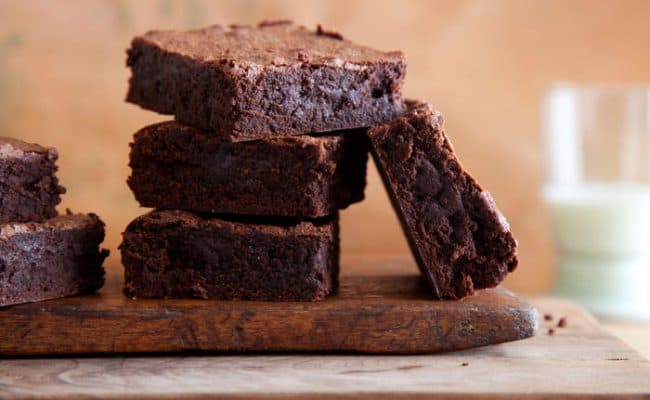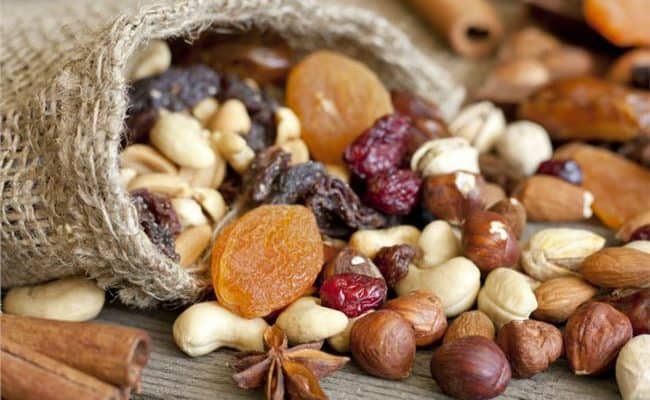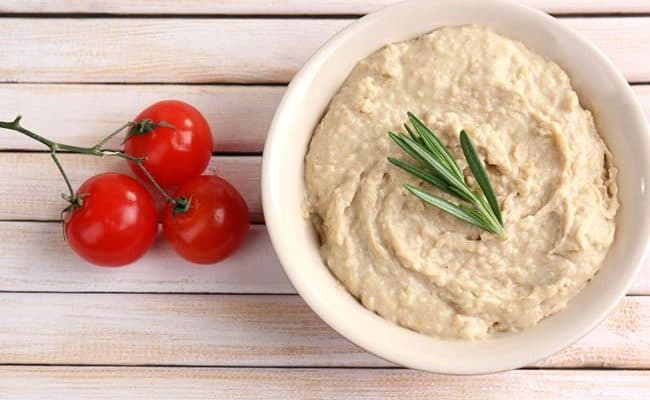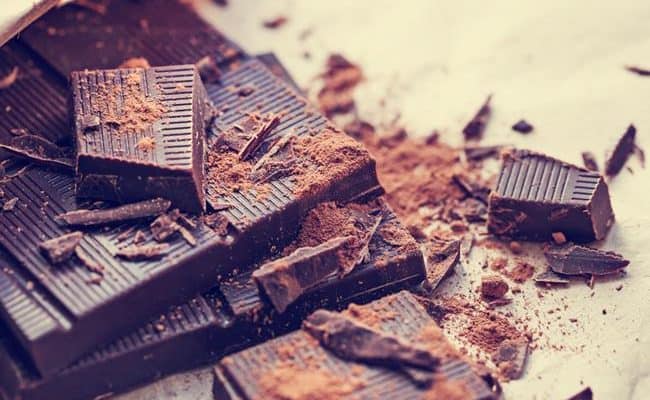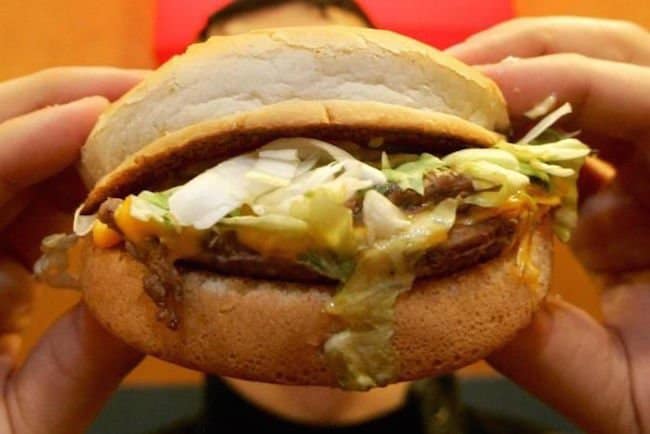
For many people, a diet based on junk food is a way of life. Whilst they are aware of the repercussions for their health, they often feel that they are incapable of changing their way of eating.
These people usually know what types of food they should be putting into their bodies, however, they are powerless to make these changes, relying instead on a constant fix of fat and sugar to get them through the day. As with alcohol, or stronger drugs, addiction to junk food can be an incredibly dangerous situation for our health.
Is Junk Food Addiction Real?
Whilst some may claim that a tendency to eat junk food does not classify as an addiction, there is mounting scientific evidence suggesting that this is not the case. A recent study published in the journal Nature Neuroscience showed the effects of sweet and fatty food addiction in an animal model.
In this study, rats were given sausage and sweets, as well as normal rat food for forty days. The ‘junk food’ was then taken away, and it was observed that the rats had no interest in returning to normal rat food, and in fact refused to eat it for an average of two weeks, despite no other food being available.
Another 2010 study, which involved scanning the brains of overweight women whilst they sipped a milkshake, found that when the same experiment was repeated six weeks later, there was reduced activity in the part of the brain that registers reward in those participants who had gained weight. A similar response to this is seen in chronic drug use and addiction.
A French study in rats also suggested that junk food has similar effects to drugs. Rats were found to prefer a hit of water sweetened with saccharine or sugar, to a hit of cocaine. Although further studies are required as to the true effect of addiction to junk food in human beings, it is possible that similar effects will be found.
Why is Junk Food Addictive?
Sugar, fat and other ingredients commonly found in junk food can cause us to become addicted to these foods. Eating a lot of sugar and fat causes the release of dopamine in the body, which is a chemical that makes us feels good. Consequently, we want to have this feeling more often and turn to sweet foods to get it.
Sugary foods also generally cause a large spike in blood glucose levels, which drops rapidly, leaving us hungry and craving more sugar. Lack of sugar in the diet of a person who normally consumes a lot has also been associated with opiate like withdrawal effects in the body.
Apart from this physiological effect of junk food, there is also the fact that it tastes good. Fast food companies spend a lot of money developing the tastiest products they can and the result is we like to eat them. Flavours, salt and MSG all contribute to the palatability of these foods and as we become accustomed to these ingredients, we may need more and more.
What You Can Do To Break the Addiction
Breaking any addiction is difficult, and a junk food addiction is no different. Whilst there may be ways to make the break easier, when it comes down to it, will power and a desire to make positive changes are the key factors to a healthier diet.
Take a realistic look at your eating habits
As with any addition, identifying and admitting that there is a problem is the first step to breaking the addiction.
It may be useful to keep a food dairy, writing down all the food you eat throughout the day. This can give you a good overall picture of what you are eating throughout the day, and can often be surprising when the quantity of unhealthy food going into our bodies is written on a sheet of paper in front of us.
A diary has the added benefit of being a record showing when we are eating junk food. This can help to identify why we are making unhealthy choices and what is influencing our behaviour.
Identify when and why you are eating junk food
A food dairy can help with this. Our eating habits are often controlled by outside factors such as work and life commitments, stress, the need to relax, lack of time, or cravings. By identifying when you are turning to junk food, it is possible to see which lifestyle factors are influencing your eating choices and try to modify them.
For example, if you are constantly eating a bar of chocolate at three in the afternoon, this may be due to boredom, hunger, stress or a variety of other reasons. To counteract this, it may be useful to make sure you have a healthier snack option available to you at this time, eat a more filling lunch or take a break and find another way to distract yourself at this time.
Remove junk food from the house or your workplace
If the food is not there to tempt you, you are less likely to eat it. Avoid buying unhealthy junk food snacks and replace these with healthier options.
If you do find yourself reaching for a snack, you will then only have healthy options. Sometimes, having to go to the shop to indulge your junk food habits is enough to deter you, and if you do go, you know you really want it.
Get support from family and friends
Sometimes having someone to support you can make a huge difference in breaking an addiction. If your own voice telling you to make a healthier choice is not enough, perhaps that of a loved one will be.
It can also help to break your addiction with someone who is going through the same thing, as this can help to motivate you and encourage healthy competition. By getting the support of family members, it is also easier to achieve a house free from junk food temptations, as other living with you understand why you cannot have unhealthy food in the house at this time.
Find healthy alternatives
Rather than simply denying yourself a junk food treat, try to replace it with a healthier option to satisfy your craving. If you are craving sweet foods, turn to fresh fruit or a small amount of dried fruit.
If it’s salty snacks you want, try a handful of nuts. It may also help to experiment with healthy recipes and cooking, for example: if you really feel like a burger, make your own with lean mince, a wholegrain bun and plenty of salad. Often the homemade, healthier version of traditional fast food can taste just as good, if not better than the take out version.
Do not use junk food as a reward
Using food as a reward can be a key in developing a junk food addiction. Many children learn from a young age to associate junk food ‘treats’ with good behaviour and success, and this can easily last into adult hood.
Find different ways to reward yourself for achievements that do not involve food, such as a new outfit, a long hot bath or a new book to read.
Get organized
Eating a lot of junk food can sometimes be a result of lack of time, and a little organization and planning ahead can stop a quick fast food trip on the run. Spend some time pre-cooking healthy meals, stocking the freezer and packing lunch to avoid be caught without a healthy option.
Include lean protein and wholegrain carbohydrates at each meal
Low blood sugar levels can lead to cravings for sugary, fatty foods. To keep your blood sugar levels stable for longer base your meals on low fat protein, wholegrain and low GI carbohydrates.
References used in this article



